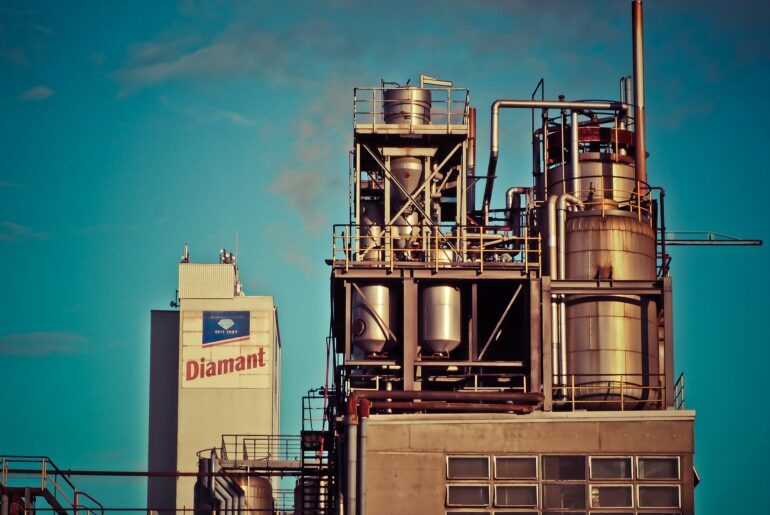Does Your Company Need To Be Cold Chain Compliant?
Health and safety are naturally a large part of the food production process. As a result, certain processes need to be followed, although many start-ups in the industry might be overwhelmed by them. If you’re entering the food industry, then you might have heard the term ‘cold chain compliance’ on several occasions. If you don’t understand what it is, then you mightn’t be sure about whether you need to be compliant.

Health and safety are naturally a large part of the food production process. As a result, certain processes need to be followed, although many start-ups in the industry might be overwhelmed by them.
If you’re entering the food industry, then you might have heard the term ‘cold chain compliance’ on several occasions. If you don’t understand what it is, then you mightn’t be sure about whether you need to be compliant.
In short, if you’re in the food industry and move and distribute different foods, then you must be cold chain compliant. This is mandated by several laws, although these vary from country to country. That’s also the case for other industries, such as pharmaceuticals.
But what is cold chain compliance, and how can you obtain it?
What Is Cold Chain Compliance?
Cold chain, regardless of which industry you’re in, is the term used for an interconnected set of steps that keep products below a specific temperature. While this can vary depending on country, alongside from product to product, the process is fundamentally the same.
Throughout this time, each party involved in the supply chain will use a range of appliances and fridges from the likes of Ethicheck and other companies. The temperature and other factors will be closely coordinated through all parts of the supply chain, such as manufacturing, delivery, and final use.
How To Be Cold Chain Compliant
It’s one thing to understand what cold chain compliance is. It’s quite another, though, to be compliant with it. That’s especially true if your company has activities in various countries, as different laws may affect the process.
There are several things that you can do, however, which should make sure that you’re cold chain compliant. The most notable of these are:
Be Proactive In Your Temperature Control
As cold chain compliance is naturally focused on keeping products under a certain temperature, you should be proactive with its management. That means ensuring that all trucks and premises a product comes into contact with are at that temperature before the product gets there.
Make Sure You Use The Right Transportation
Knowing what kind of transportation to use is vital. For short distances with products that aren’t too temperature-sensitive, an insulated truck could be recommended. For much longer trips, however, refrigerated trucks may be needed, especially for more temperature-sensitive products.
Keep The Process Streamlined
Any delays in your logistics could put your cold chain compliance process in jeopardy. In many cases, timing matters as much as temperature, as delays can cause products to increase in temperature. Streamlining your process to avoid this mitigates the risks of them happening.
By following the above and staying up-to-date with best practices in your industry, you shouldn’t have any problems staying cold chain compliant.
Wrapping Up
Maintaining cold chain compliance is mandatory in quite a few countries for specific industries. As such, you mightn’t have a choice in whether or not you should be. Knowing how to do so, however, can be a much more complicated aspect.
Thankfully, once you have everything set up, it should get much easier for you. While you’ll still need to be proactive with maintenance and repairs, the process should be much smoother than you’d expect.

